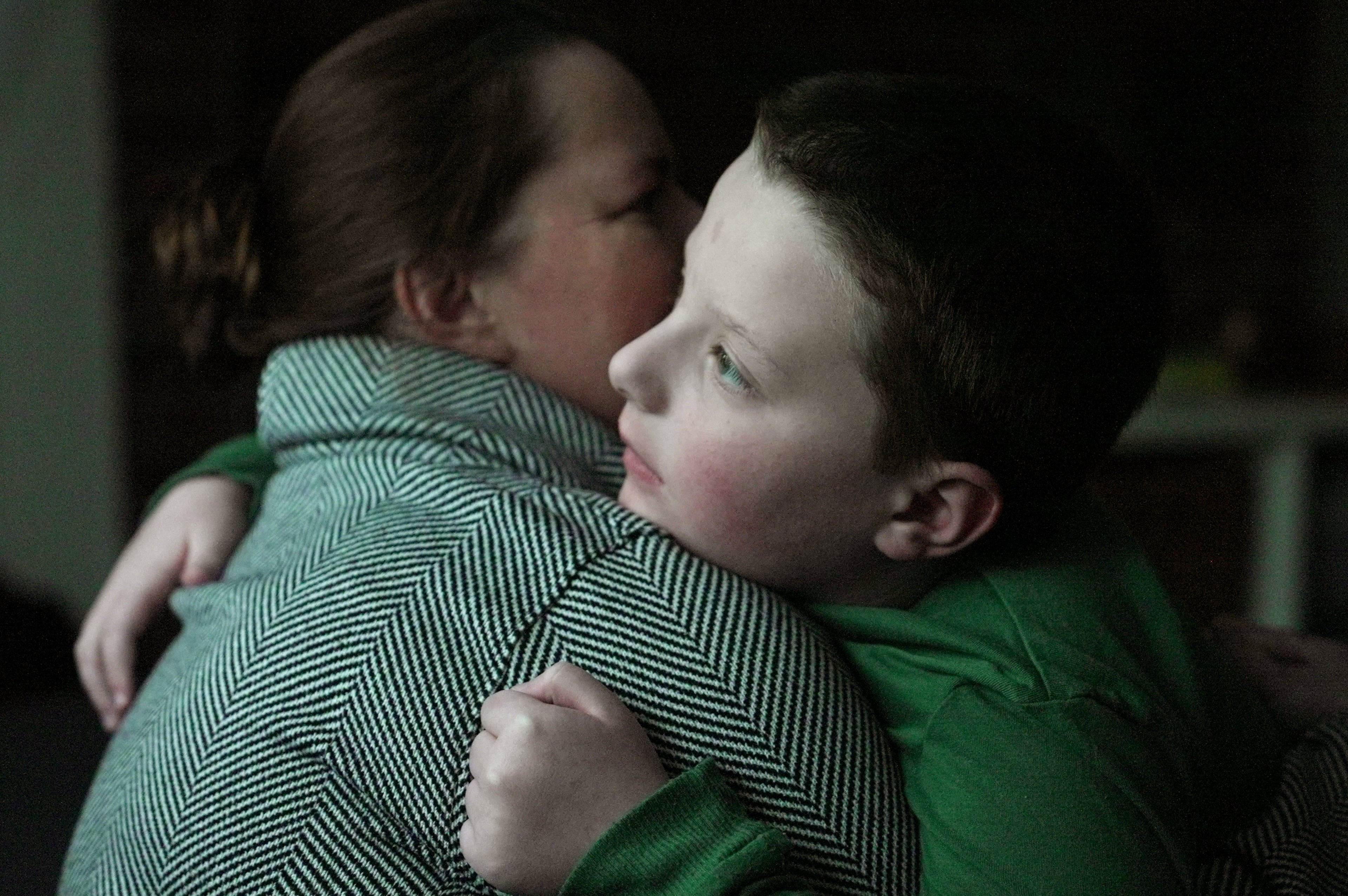5 ways therapists say they get through a bad mental health day
Half of young adults and a third of all adults said they often felt anxious in the previous year, according to a 2022 survey by the Kaiser Family Foundation and CNN. Of those, more than 60% said shame and stigma were the main reasons they didn’t seek help.
For those who struggle with mental health but don’t want to talk to a professional, we’ve rounded up techniques therapists say they use to get them over the hump.
Self-care
Although going to a spa is great, you might not want to get out of the house if you’re having a difficult day. Em Evans, a therapist and co-founder of the Understory Group, advises to start with food and water. When we’re down and out, she said, sometimes we forget the basics.
“I generally start by taking an inventory of where my physical needs are and if they’ve been met or not that day,” she told HuffPost.
Find a support team
Your support system can reach beyond family and extend to friends, hobby groups, co-workers and even online forums.
“That connection helped me to remember that I wasn’t alone in what could have been one of the most isolating periods in my lifetime,” Justin Bennett, LCSW, program director at St. Louis Forensic Treatment Center and an adjunct instructor at the University of Missouri, St. Louis, told Self.
Don’t make big decisions
Making decisions while experiencing a bad mental health day can possibly lead to the wrong choice because your mind is foggy. For Nat Adey, a therapist and the other co-founder of the Understory Group, it’s best to ax the decision-making momentarily.
“I personally try to avoid making any big decision, whether it’s planning a trip with somebody or making a big medical decision,” she told HuffPost. “If I’m not in the right head space, I’m not going to be making any decision that could impact my life for the permanent future or just foreseeable future.”
Breathwork
In 1, 2, 3, out 1, 2, 3. Breathwork is a great way to stay grounded and in the moment so those bad thoughts don’t spiral out of control.
“I take a break and change the scenery. It can be as simple as standing if you’ve been sitting at your desk for too long,” Sarah Oreck, MD, MS, reproductive psychiatrist and CEO of Mavida Health, told People. “I’m a huge believer in breath work but I hate that we call it “work” because it’s just noticing what our body does automatically.”
Exercise
You could opt for a stay-at-home day if you’re feeling down, however exercising is a great way to relieve stress, boost your mood, improve brain function and, according to Grow Therapy, it could provide a safe space for social support.
“In the simplest terms, when we make our bodies feel better, it’s easier to make our brains feel better,” said Melissa Galica, a licensed professional counselor with Grow Therapy.
It’s OK to have a bad mental health day as long as you tackle it in a healthy way to help you push through. If you need more help, talk to your doctor or find a therapist near you for proper treatment. Anyone needing immediate help should call Georgia’s hotline — which is simply 988 — that serves “as the key lifeline for Americans who were in the throes of a mental health crisis.”



